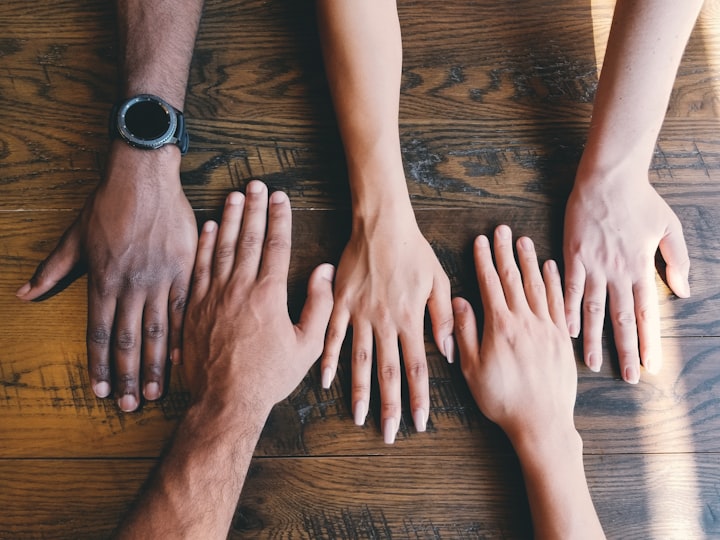Breaking Bias: Embracing Inclusivity
Unraveling Hidden Prejudices, Fostering Understanding, and Paving the Path to Equality

In a world where inclusivity and equality are becoming paramount, the issue of unconscious bias and stereotypes is something I've been contemplating deeply. These subtle influences shape our thoughts, actions, and interactions in ways we often don't realize. So, I wanted to delve into this complex topic and share my thoughts on where these biases come from, what they mean, and how we can work towards a more inclusive society.
When we talk about unconscious bias, we're referring to those automatic judgments we make about people based on their characteristics like gender, race, or age. It's interesting to think about how these biases form over time, influenced by how we were raised, what we see in the media, and the norms of our society. It's almost like they seep into our minds without us even knowing, affecting the way we see and interact with others.
What's tricky is recognizing these biases within ourselves. They're not always obvious like outright prejudices; they're sneakier. They show up when we least expect them – like when we unconsciously favor certain job candidates or assume things about someone's interests based on their looks. It's not easy, but acknowledging that we have these biases is the first step to addressing them.
Stereotypes play a big role in all of this too. They're those simplified beliefs we have about certain groups of people. Sometimes they're based in truth, but a lot of times, they oversimplify things and ignore the uniqueness of each individual. It's like putting people in boxes based on preconceived notions.
For example, there's the stereotype that women aren't as good in technical fields. It's troubling to think about how this can hold women back in STEM careers. And assuming all members of a particular ethnic group have the same interests – that can lead to cultural insensitivity. But people are so much more than the labels we put on them.
What's even more concerning is how these biases and stereotypes affect everything around us – from how institutions function to how we interact with one another. They're there in the background, shaping decisions about hiring, promotions, and even things like where people can live or how they're treated by law enforcement. It's like these biases become part of the system, making it hard for marginalized groups to catch a break.
And it's not just them – these biases affect us too. Imagine feeling constantly underestimated or misunderstood just because of a stereotype. Over time, that can really take a toll on someone's confidence and opportunities. It's a reminder that these biases don't just hurt others – they limit our own growth and understanding too.
So, how do we change this? It starts with looking within ourselves and being willing to challenge our own assumptions. Education is key here. Exposing ourselves to different perspectives, learning about other cultures and experiences – that's what broadens our understanding and breaks down stereotypes. Engaging in honest conversations with people from diverse backgrounds helps tear down walls and lets us see the person behind the label.
But it's not just an individual effort. Institutions need to step up too. Things like blind recruitment processes, diversity training, and inclusive policies can make a real difference in combating these biases. And celebrating the strengths of a diverse workforce isn't just a feel-good gesture – it actually brings more creativity and innovation to the table.
In the end, this fight against unconscious bias and stereotypes is ongoing, but it's one that's absolutely worth it. By acknowledging our biases, questioning stereotypes, and actively seeking out diverse perspectives, we're dismantling the barriers that stand in the way of true inclusivity. As we all strive for a more equal future, let's remember that every little effort to understand and empathize contributes to a world where people are seen for who they truly are – without the filter of bias and stereotype. It's a journey that requires effort and self-reflection, but it's a journey towards a brighter and more understanding world for us all.
About the Creator
Lakshay Sharma
Turning random things into the text.






Comments
Lakshay Sharma is not accepting comments at the moment
Want to show your support? Send them a one-off tip.